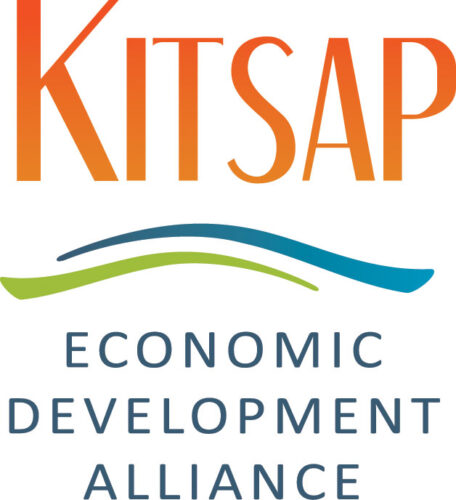Agencies have broad discretion when it comes to evaluating potential organizational conflicts of interest–but that discretion isn’t unlimited. In a recent decision involving a fight between two telecommunications giants, the GAO sustained the protest, holding that the the agency unreasonably concluded that there was no possibility of an “impaired objectivity” OCI arising from the award.
The GAO’s decision in AT&T Corporation, B-417107.4 (July 2, 2020), involved a Social Security Administration RFP for the agency’s Next Generation Technology Project. The NGTP will combine three SSA legacy telephone systems into a single requirement. The RFP contemplated the award of a single indefinite-delivery, indefinite-quantity contract, with a one-year base period, nine one-year options, and the potential for a final six-month extension.
Seven offerors submitted proposals, including two household-name telecommunications giants: Verizon and AT&T Corporation. Verizon was the incumbent on a separate SSA requirement called “SSANet.” Under the SSANet contract, Verizon carries all of the agency’s data, video and voice traffic. The NGTP RFP stated that SSANet “provides the critical foundation for all information exchanges within the SSA’s enterprise network and will continue to do so for the future NGTP effort.”
In the course of evaluating proposals, the SSA considered whether Verizon’s performance of the SSANet requirement could create an OCI if Verizon was awarded the NGTP contract. The Contracting Officer concluded that no OCI would be created because, in the Contracting Officer’s judgment, the NGTP contract did not require the awardee to monitor or evaluate the performance of Verizon’s SSANet requirement. After evaluating competing proposals under a three-phase system, the SSA announced award to Verizon at a price of $524,999,980.
AT&T filed a GAO bid protest challenging the award. Among other things, AT&T argued that Verizon had a disqualifying OCI arising from Verizon’s performance of the SSANet requirement. AT&T specifically contended that Verizon would be required under the NGTP contract to advise the SSA of problems encountered with the services that Verizon provides under the SSANet requirement. AT&T argued that this OCI cannot be mitigated and that the SSA should have excluded Verizon from the competition.
The GAO explained that the FAR “requires contracting officials to avoid, neutralize, or mitigate potential significant conflicts of interest so as to prevent an unfair competitive advantage or the existence of conflicting roles that might impair a contractor’s objectivity.” The types of OCI alleged by AT&T is called an “impaired objectivity” OCI, and arises “where a firm’s ability to render impartial advice to the government would be undermined by the firm’s competing interests.”
Agencies are afforded “considerable discretion” when it comes to addressing OCIs. However, the GAO will sustain a protest of an agency’s OCI determination where there is “clear evidence that the agency’s conclusion is unreasonable.”
In this case, the GAO said, SSA’s conclusion was unreasonable. Contrary to the Contracting Officer’s determination, the NGTP RFP did require the awardee to monitor and evaluate performance of the SSANet requirement. The GAO wrote:
The SOW . . . expressly requires the contractor to exercise its judgment by advising the agency when the government provided resources, such as the WAN, are experiencing problems that affect the NGTP. Although the SOW does not state that the NGTP contractor must directly evaluate the contractor performing the SSANet task order, the requirement to advise the agency of “performance or quality of service issues with the Agency WAN,” in effect, will require Verizon to provide the agency advice about its own performance of the WAN requirements of the SSANet task order. Additionally, while this SOW provision does not require the contractor to monitor or evaluate the entirety of the SSANet, it unquestionably requires the contractor to assess the performance of the SSANet with regard to its effect on the NGTP contract. On this record, we conclude that the contracting officer unreasonably concluded that Verizon could not have a potential OCI in connection with its performance of the requirements of SOW section 6.3.3.
The GAO sustained this basis of AT&T’s protest.
For many of us, companies like AT&T and Verizon are best-known these days for their ubiquitous television ads and seemingly ever-shifting billing plans. But the AT&T Corporation case is also an important reminder that a government contractor cannot be in a position to evaluate its own products or services–and when an award allows a contractor to do so, the GAO will sustain a protest notwithstanding the agency’s broad discretion regarding OCIs.
Questions about this post? Email us or give us a call at 785-200-8919.
The post Ring Ring! GAO Sustains Protest of Awardee’s Conflict of Interest first appeared on SmallGovCon – Government Contracts Law Blog.
Syndicated from SmallGovCon








